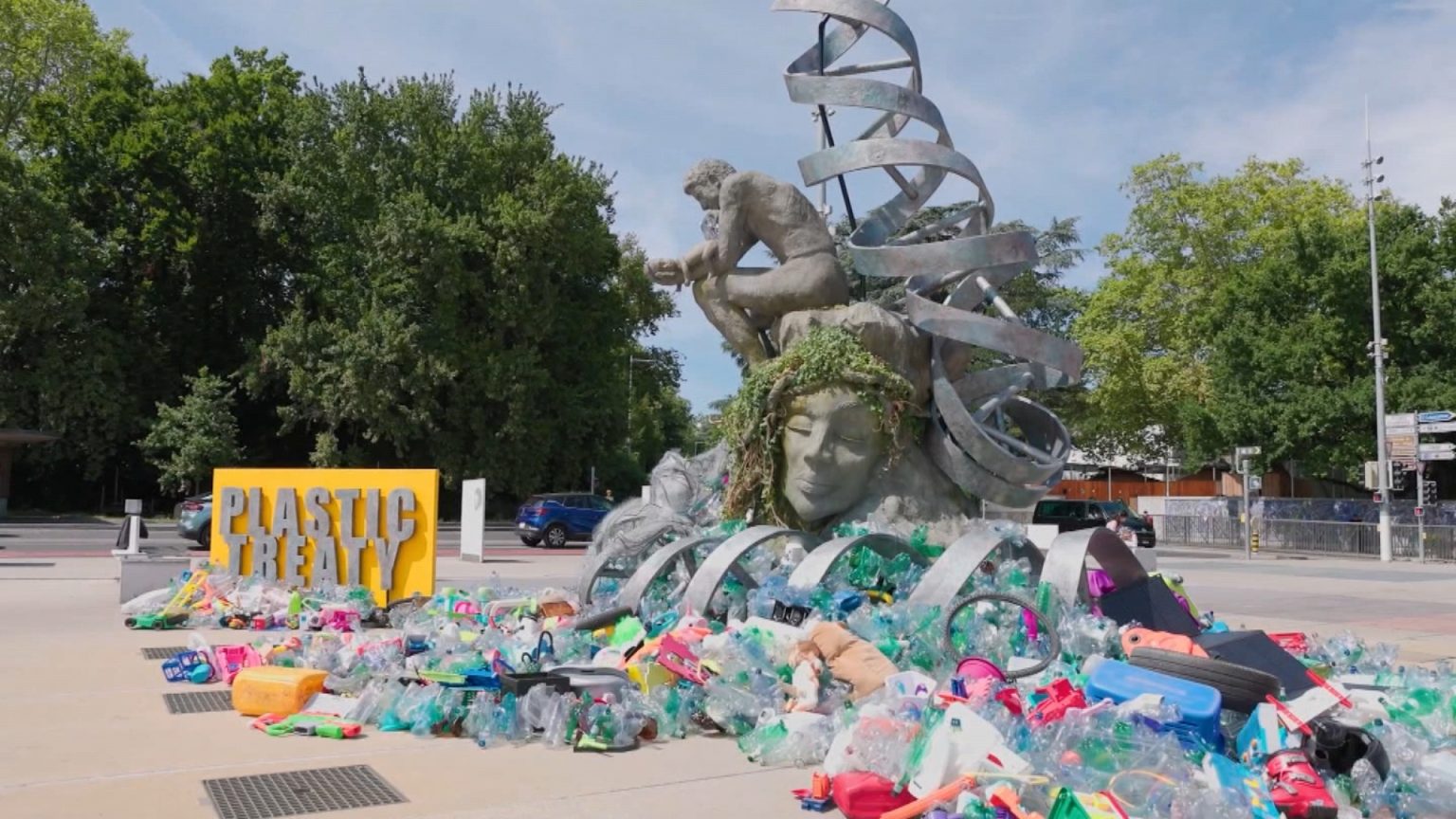Sohanur Rahman
The Geneva talks on a landmark United Nations treaty to combat plastic pollution were meant to mark a turning point for our planet. Instead, as the final hours tick away, the process teeters on the edge of collapse. Oil-exporting nations, led by Saudi Arabia, Iran, and Russia, have thrown up roadblocks, pushing to keep waste management, not production limits at the heart of the deal. And in a deeply troubling move, the draft agreement has dropped health protection provisions entirely.
This is more than just a procedural impasse. It is a crisis of ambition and trust. Countries like Bangladesh, Canada, the UK, the EU, Colombia, Brazil, Denmark, Fiji, Kenya, and Nigeria have voiced sharp criticism, calling the current text unfit to reflect the urgency of the crisis. Bangladesh’s position is blunt: the draft is ‘completely lacking ambition’ and fails to address the full life cycle of plastics, harmful chemicals, or associated health risks.
After three years of negotiations, the fifth round of the Intergovernmental Negotiating Committee (INC-5.2) began on August 5 in Geneva, aiming for a legally binding international treaty. By August 14, discussions had descended into frustration. The Ecuadorian chair, Ambassador Luis Vayas Valdivieso, suddenly unveiled a new draft that stripped of about 1,500 sections from the 36-page earlier version. Many of these deletions gutted provisions backed by over 100 countries, including bans on harmful plastics, controls on toxic chemicals, and caps on virgin plastic production. Indigenous knowledge, health impacts, and just transition principles were diluted or erased.
Environmental advocates are rightly warning that “no treaty is better than a bad treaty.” A weak, industry-friendly framework would allow the plastic crisis to deepen, while letting major producers escape accountability. This is not a technical debate, it’s about the survival of marine ecosystems, the safety of our food chain, and the protection of human health.
The omission of health safeguards is especially alarming. Plastic-related diseases, from the extraction of oil and gas to plastic waste disposal are well documented. Scientific research shows that certain chemicals in plastics are linked to hundreds of thousands of premature deaths annually and trillions of dollars in health costs. To remove such concerns from the treaty is not merely negligent, it is a betrayal of frontline and Indigenous communities who bear the brunt of toxic exposure.
Oil-producing states argue that restricting plastic production crosses their ‘red lines’. But without addressing production, the treaty risks becoming nothing more than a waste management plan while treating symptoms ignore the cause. Panama’s chief negotiator put it best: the draft feels like “surrender, not ambition,” a deal unworthy of future generations.
If consensus is not reached in the coming days, another meeting will be required which will be costly, uncertain, and at risk of repeating the same stalemate. The choice before negotiators is plain: either summon the courage to deliver a truly ambitious agreement that tackles harmful chemicals, limits virgin plastic, and embeds health protections or admit to the world that politics has once again trumped science and public welfare.
The planet has no patience for half-measures. A watered-down treaty will not curb the tsunami of plastic choking our oceans, infiltrating our soil, and poisoning our bodies. Geneva must not become the place where humanity blinked in the face of a clear and present danger. It must instead rise to the occasion, because there will be no second chance to get this right.
Sohanur Rahman is a Young Activist on Environment and freelance writer


